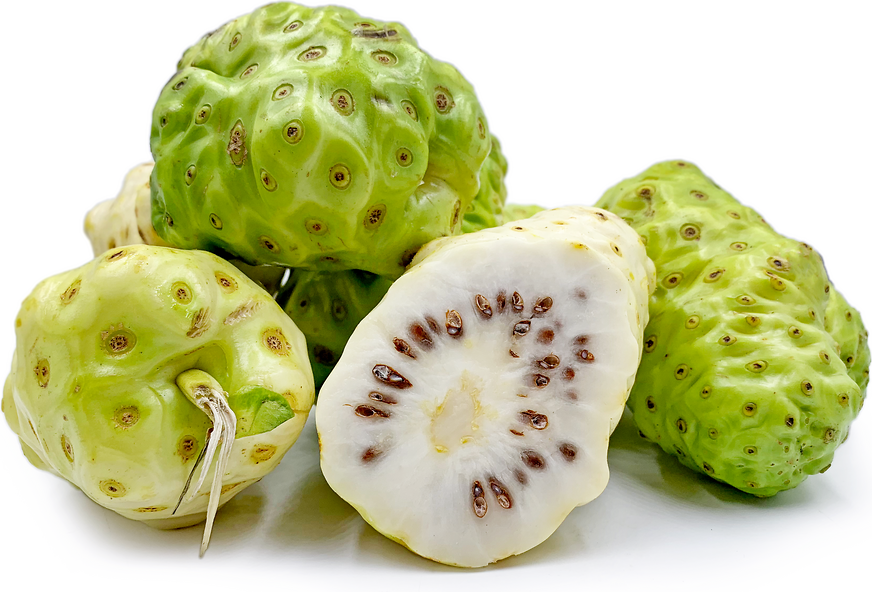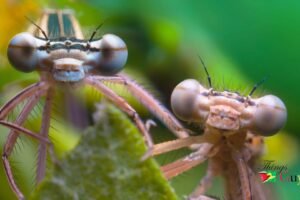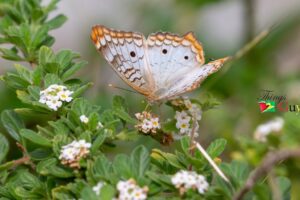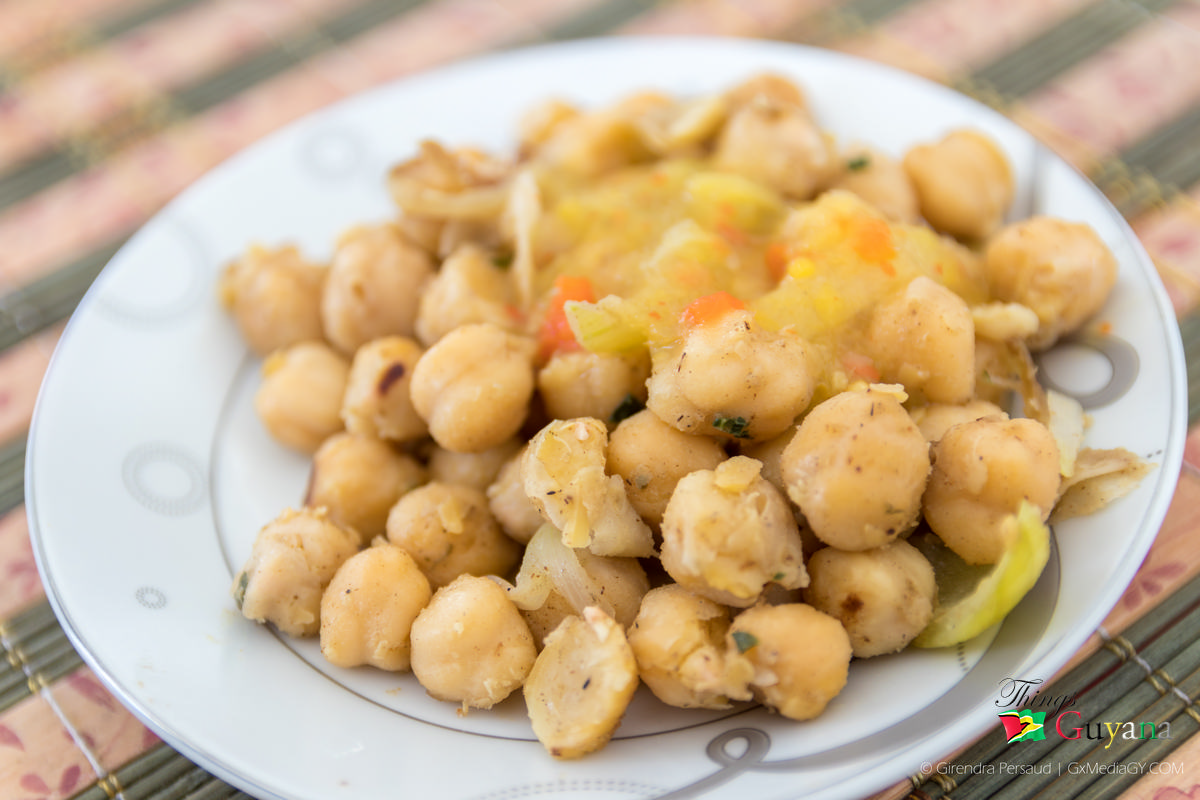Noni Fruit (Morinda citrifolia) is known simply as Awl Tree, Brimstone Tree, Beach Mulberry, Canary Wood, East Indian Mulberry, Cheese Fruit, Grand Morinda, Forbidden Fruit and Hog Apple.
Noni fruit belongs to the Rubiaceae family and genus Morinda L. The tree grows from 3-10 m tall.
The fruit of Noni has distinctive taste and pungent flavor. Each fruit possess black and albuminous seeds. The fruit is green when young that turns to yellowish green when ripened. The plant is suitable to warm, humid and seasonal climate & infertile, acidic, alkaline soils.
In some islands it is mostly used as a beverage that helps to enhance the body functions and overall health.
It is also called “Aspirin of the Ancient”. In Polynesia, India and China, it was cultivated for 2000 years.
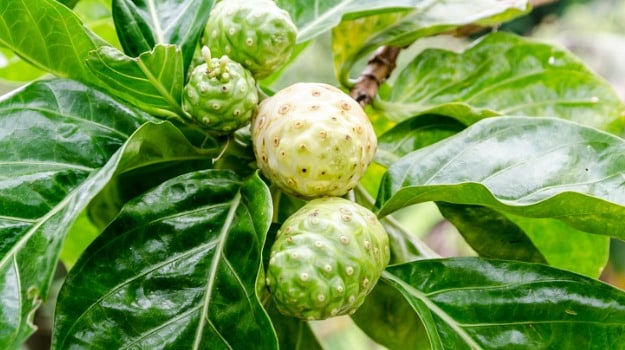
Noni Fruit | Image Source: https://food.ndtv.com
History Of Noni
It is distributed from Asia, Pacific to Caribbean region and also here in Guyana.
It is naturalized and cultivated in the tropical regions. It was distributed over the past 2000 years worldwide. Now, it is cultivated in the tropical forests all over the world.
Description Of Noni
Noni fruit is an erect, glabrous tree which is crooked with conical crown. The tree grows up to 3-10 m in height with pinnately veined leaves. The tree has greyish or yellowish to brown, fissured and glabrous bark. The leaves are simple, glabrous, glossy green, elliptic-oblong; 20-45 cm long and 7-25 cm wide. The bisexual flowers are white, corolla funnel shaped, ovoid to globose heads and about 1.5 cm long. After it appears, they mature into a fruit of ovoid, pyramidal drupes, which is about 3-10 cm long and 3-7 cm across. Each fruit possess two black and albuminous seeds.
Here are 15 Amazing Health Benefits Of Noni
1. Antioxidant properties
Noni fruit possess antioxidant properties that help to neutralize the oxygen free radicals and its effects. The research shows that the Noni fruit helps to improve radicals scavenging abilities and provide relief from oxidative stress and its damage.
2. Treats cancer
Noni fruit possess anti-cancer properties that help to prevent the cancers such as liver cancer, lung cancer and renal cancer. It helps to reduce the chances of cancer because it blocks the carcinogen DNA binding and prevents the formation of adduct. Additionally, evidence shows the efficiency of Noni fruit against the growth of tumor in mammary glands by reducing the tumors.
3. Prevent gout
Noni fruit helps to extend the therapeutic effects that help to treat gout. Noni fruit helps to cure the diseases features to the inhibitory actions on xanthine oxidase enzymes that involves in the gout and its problems. The research shows that the Noni fruit has curative effect which is used for thousands of years.
4. Strengthen muscles
Noni fruit has relaxing properties in the muscles. The research shows that Noni fruit possess an antispasmodic property that helps to block the voltage dependent calcium channels and intracellular calcium secretion. It helps to suppress the spasms of muscles and calms the discomfort and pain.
5. Cardiovascular ailments
Noni fruit has dilating properties due to which it comforts the muscle cells in the cell walls that results in the proper blood flow in arteries. Its vasodilator properties regulate the blood pressure and help to maintain the heart health. Additionally, Noni fruit has the positive effects to maintain the cardiac health. It helps to reduce the level of bad cholesterols, homocysteine, total cholesterol levels and raise good cholesterol level in the body.
6. Fatigue
Traditionally, Noni fruit was used by Polynesians to encounter the weakness and promotes the level of energy. The research and study shows that Noni fruit possess ergogenic properties that help to promote the elasticity, tolerance and physical activities of the body.
7. Protects liver
Noni fruit helps to protect the liver diseases. The study shows that Noni fruit has hepatoprotective properties on the liver that helps to protect the organ from the exposures to the harmful chemicals and defend the major illness such as liver damage.
8. Antipsychotic agent
Noni fruit is used to treat various ailments and disorders associated with the central nervous system. The studies shows that it possess antipsychotic properties which helps to cure the psychiatric disorders. Moreover, it possesses the therapeutic properties that help to cure the brain damage. It helps to prevent the cerebral ischemic stress without affecting the good enzymes.
9. Reduce arthritis
Noni fruit has anti-inflammatory properties which provide relief from arthritis. The evidence shows that analgesic properties helps to eradicate the pain, reduce the destruction of joints such as arthritis.
10. Impairs memory
Noni fruit has protective properties that help to cure the memory problems. The research shows that the intake of Noni fruit enhances the cerebral blood flow and enhances the functions of memory.
11. Treat diabetes
The research shows that Noni fruit is an aid that helps to reduce type 2 diabetes. The evidence shows that Noni fruit helps to lower the glycosylated hemoglobin level, low density lipoprotein cholesterol and serum triglycerides in the body. Additionally, it enhances the sensitivity of insulin and glucose uptake.
12. Skin health
Noni fruit helps to maintain the skin and beauty health. The studies show that it has anthraquinones which is a protective chemical constituent that has stimulating properties and prevent the wrinkles. Its anti-inflammatory and anti-bacterial properties help to cure the skin ailments such as burns, acne, allergic reactions and hives. Noni fruit possess proxeronine that assist the functions of cell membranes and normalize the abnormal cells. It helps to maintain the healthy and young skin.
13. Gastric problems
Noni fruit has vital impact on the process of gastric emptying; the food enters the duodenum and exits the stomach. The study shows that Noni fruit has phytonutrients that slows down the digestion process and results the slow discharge of sugars in bloodstream. The study shows that Noni fruit promotes the release of cholecystokinin, digestive enzymes without changing the urine volume, intestinal transit and feces.
14. Heal wounds
Noni fruit helps to speed up the healing process of wounds. The research shows that Noni fruit has wound healing properties that helps in the collagen functions, weight of granulation tissues and protein content. Noni helps to reduce the level of blood sugar and correlated to the stimulate the healing process of wounds.
15. Immunity power
Noni fruit enhance the immunity power. It helps to enhance the fighting abilities to counteract the health ailments. It promotes the functions of white blood cells that have the protective effect. It possesses antimutagenic, anti-bacterial, antifungal, anti-inflammatory and anti-histamine properties that results an immunity power of the body.
Some Traditional Uses Of Noni
- Traditionally Noni was used to heal the deep cuts, broken bones, bruises, wounds and sores.
- Noni is used to treat the painful inflammation such as arthritis.
- In Vietnam, fruit is regarded as stomachic, emmenagogue and laxative.
- It is useful for metrorrhagia, dropsy, leucorrhoea, asthma and diabetes.
- The leaves are believed to possess emmenagogue and deobstruent properties.
- Leaves are useful for dysentery, fevers, diarrhea, dizziness and headache.
- The roots help to treat lumbago, rheumatoid arthritis, hypertension and body ache.
- In India, the roots are believed to possess purgative, febrifuge and cathartic properties.
- In Bombay, the leaves help to heal ulcers and wounds.
- The decoction made with leaves and mustard is an aid for infantile diarrhea.
- The syrup made from fruit juice is used as a gargle that provides relief from sore throat.
- In Malaysia, the bark decoction is used for ague.
- The leaves are heated and applied to the abdomen or chest for coughs, enlarged spleen, colic, nausea and fever.
- The ripe fruit is used as a treatment for sapraemia and leucorrhoea.
- The fruit is useful to eradicate head lice.
- The fruit is used internally for swollen spleen, beri-beri, liver diseases, coughs and haemorrhage.
- The leaves, bark, flowers, roots and fruits is a tonic to alleviate fever, eye, skin, gum and throat ailments along with stomach pain, constipation and respiratory problems.
- The plant is useful to treat malaria, infections of urinary tract, stings and hernia.
- The juice of immature fruit with coconut oil is applied for the sores and scabs in the mouth and toothache.
- The extract of ripe fruit is used to eradicate intestinal worms and used as a poultice on wounds, carbuncles, boils and pimples.
- Fruit juice is used to treat loss of appetite, heart discomfort, diabetes and high blood pressure.
- The juice of fruit juice is also useful to rectify intoxication from kava.
- The oil extracted from fruit is also used to treat for stomach ulcers.
- Dried leaves as well as fruits are useful to make the teas and herbal infusions.
- The poultice made from leaves and fruit are useful for bruising, sprains and rheumatism.
- The extracts of the leaves, bark and fruit are used to treat hypertension, tuberculosis and diabetes.
- The root bark and stem are useful for treating jaundice.
- The poultice made from leaves is used as a body wrap around fractured bones.
- The tea made from leaves is used as analgesic agent.
- In Vietnam, roots are useful for treating tetanus and stiffness that also encounter arterial tension.
- In traditional Chinese medicine, the roots are useful for impotence, menstrual disorders and abdominal pain.
- The fruit juice is used to treat diabetes, muscle aches, high blood pressure, headaches, menstrual difficulties, AIDS, heart disease, cancers, sprains, gastric ulcers, depression, poor digestion, senility, atherosclerosis, drug addiction and circulation problems.
- The leaves are used to treat joint swelling, rheumatic aches, stomachache, dysentery and filariasis.
- The bark is an aid for childbirth.
- Noni is applied as a moisturizer that helps to reduce the signs of aging.
- In Hawaii, Japan and China, the parts of fruit are used to treat fevers.
- In Malaysia, the juices of fruits help to monitor the menstrual flow and comfort the urinary problems.
- In Tahiti, it is used to treat fish poisoning, stings of reef fish, tonsillitis, burns, abdominal swelling and ranula.
- The infusion made the grated roots is sometime applied to the top of head in order to cure the stings of stonefish.
- The poultice made from leaves is useful for rheumatism.
- The fruit also treats ringworm.
- The concoction made from unripe fruits helps to treat blood in a stool.
- The oil extracted from Noni seed can reduce acne and assist in the retention of moisture.
How to make Noni juice
Some steps to prepare Noni juice which is packed with nutritional vitamins:
- Take few young Noni fruit.
- Then clean it.
- Then blender the fruit by adding honey, ice or milk
How to drink Noni juice:
Drink Noni juice before thirty minutes before breakfast. Noni juice provides health advantages such as:
- Cleans the deposition of blood fat
- Cures heart stroke
- Avoid heart attack
- Cure coronary artery ailments
- Maintains the assimilation of fat
- Lowers hypertension
Watch This: Noni Fruit, Potential Skin Healer, Immune Booster and Analgesic
About Noni
It is called “Aspirin Of The Ancient “ because of its many amazing Health Benefits some of which includes treating diabetes, helps in healing wounds, prevents gout and many others. It can be found in some countries such as India, China, Polynesia and in the Caribbean including Guyana.
Article References:
- https://en.m.wikipedia.org/wiki/Morinda_citrifolia
- https://www.livestrong.com/article/19315-health-benefits-noni-fruit/
- http://www.worldagroforestry.org/treedb/AFTPDFS/Morinda_citrifolia.PDF
- https://www.leaf.tv/articles/dangers-of-noni-juice/
- http://nutrayou.blogspot.com/2015/10/noni-indian-mulberry-health-benefits.html

